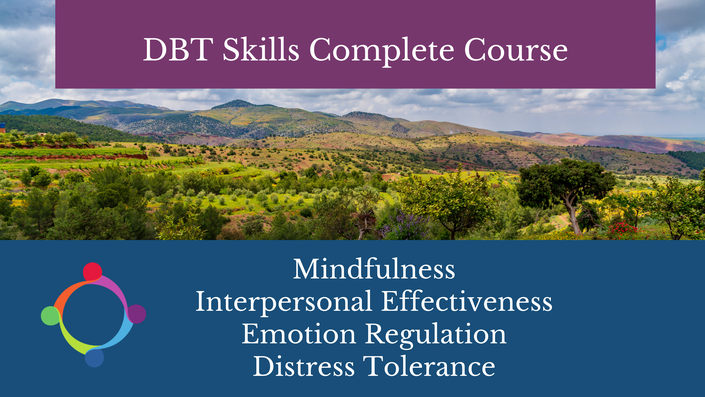About this presentation
Talking to our clients about their sex lives can feel a bit daunting at first, yet we have evidence to assert that the responsibility lies in the clinician to broach the subject. How do we initiate conversations around sexual functioning, wellness, and concerns with our clients?
This session will identify and explore the importance of clinicians initiating conversations around sex with their clients and practical strategies on how to do so. We will draw from clinical research and evidence-based approaches to support with increasing clinicians' knowledge and ability to provide sexual education, interventions for common sexual concerns, and resources for further learning.

What you'll learn
At the conclusion of this presentation, attendees should have 1) practical strategies to initiate conversations around sexual health, 2) an increased knowledge-base on how to approach sexual concerns in therapy, including applicable interventions, and 3) increased resources to further their learning and the learning of their clients.
Learning Objectives:
- Increase awareness of importance of breaching sexual topics with clients
- Increase clinicians competence and confidence to discuss sexual topics with clients
- Increase knowledge of sexual education and interventions to support clients with sexual health, concerns, and functioning
About your teachers
Whitney Standal Schollars, PsyD, “Dr. Whit” is a post-doctoral resident at UCEBT. She received her doctoral degree from George Fox University in Oregon, and completed her clinical training in family medicine, primary care, emergency rooms, and university counseling centers. Dr. Whit has received training and supervised clinical experience from AASECT certified (and soon to be certified) psychologists around sexual education, sexual functioning, sexual concerns and has experience providing these sex-informed therapy to individuals and couples. She has specialty training with supporting concerns of intersection between trauma, sexual identity, sexual concerns, and religious/spiritual traditions.

CE Approval
UCEBT is approved by the American Psychological Association to sponsor continuing education for psychologists. UCEBT maintains responsibility for this program and its content.
Additionally, this presentation is approved for ethics homestudy CE credit through NASW-UT, UAMFT, and UMHCA.
Program Notices
This presentation discusses information, interventions, and resources that align with APA’s Code of Ethics principles: A) Beneficence & Nonmaleficence, B) Fidelity & Responsibility, C) Integrity D) Justice, and E) Respect for People’s Rights & Dignity (APA, 2016). Due to the sensitive nature of sex-related topics discussed within the client-therapist relationship, misuse of the information provided could cause non-compliance with applicable laws and above noted ethical principles.
Conflicts of Interest: None.
Commercial Support: None.
References
Coleman, E., Dickenson, J. A., Girard, A., Rider, G. N., Candelario-Pérez, L. E., BeckerWarner, R., Kovic, A. G., & Munns, R. (2018). An integrative biopsychosocial and sex positive model of understanding and treatment of impulsive/compulsive sexual behavior. Sexual Addiction & Compulsivity, 25(2–3), 125–152.
Shapiro, S., & Brown, C. (2018, May 9). Sex education standards across the states. Center for American Progress. www.americanprogress.org/issues/education-k-12 /reports/2018/05/09/450158/sex-education-standards-across-states/
Zeglin, R. J. (2016). Sexual disorders in the DSM-5: Implications for counselors. Journal of Professional Counseling, Practice, Theory, and Research, 43(1), 17–31.

